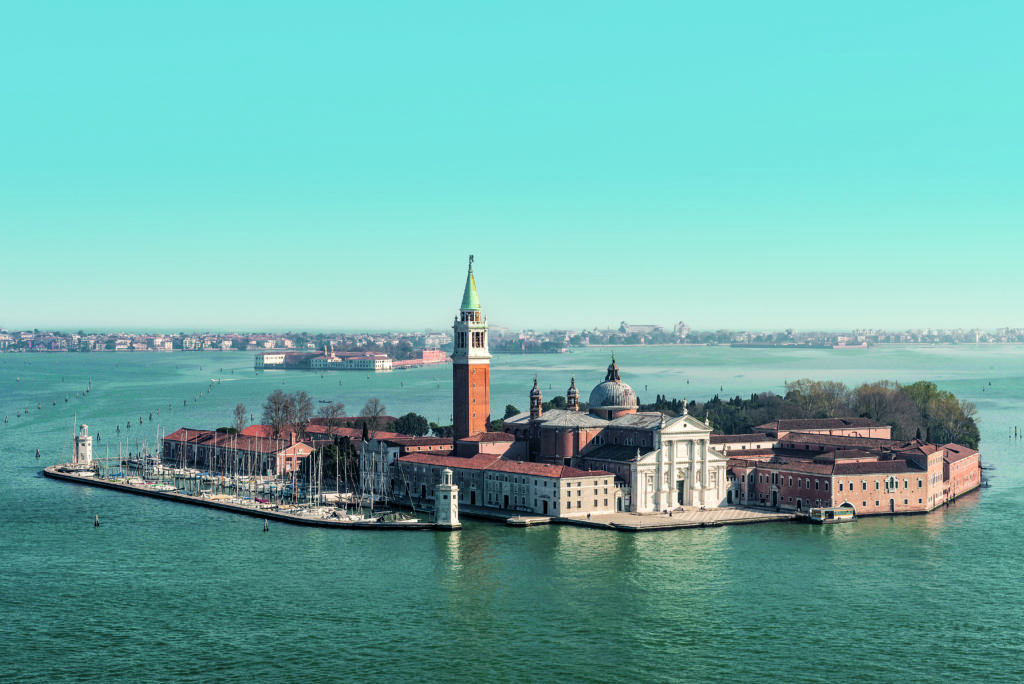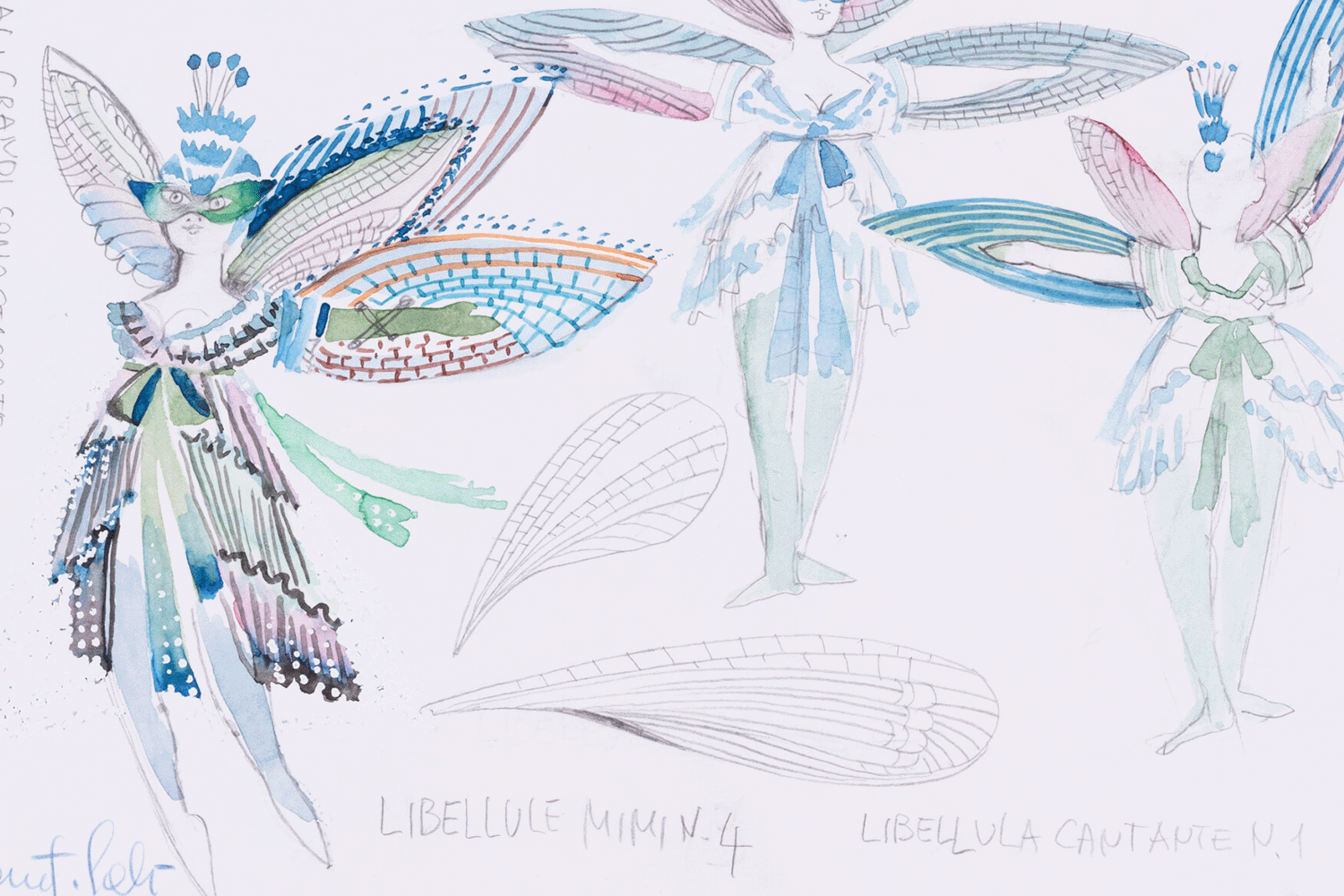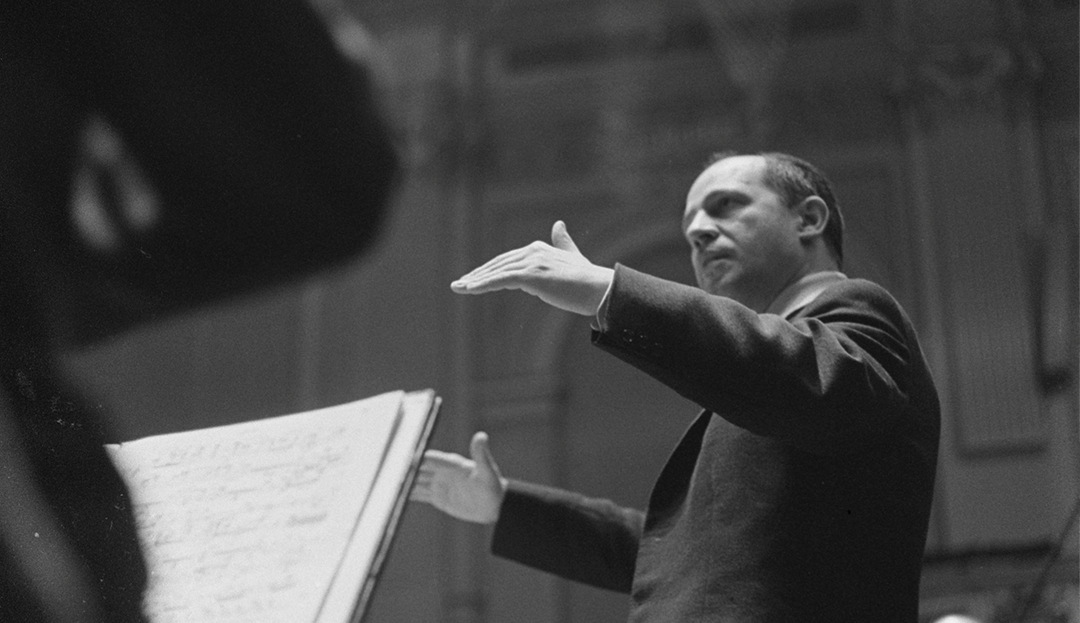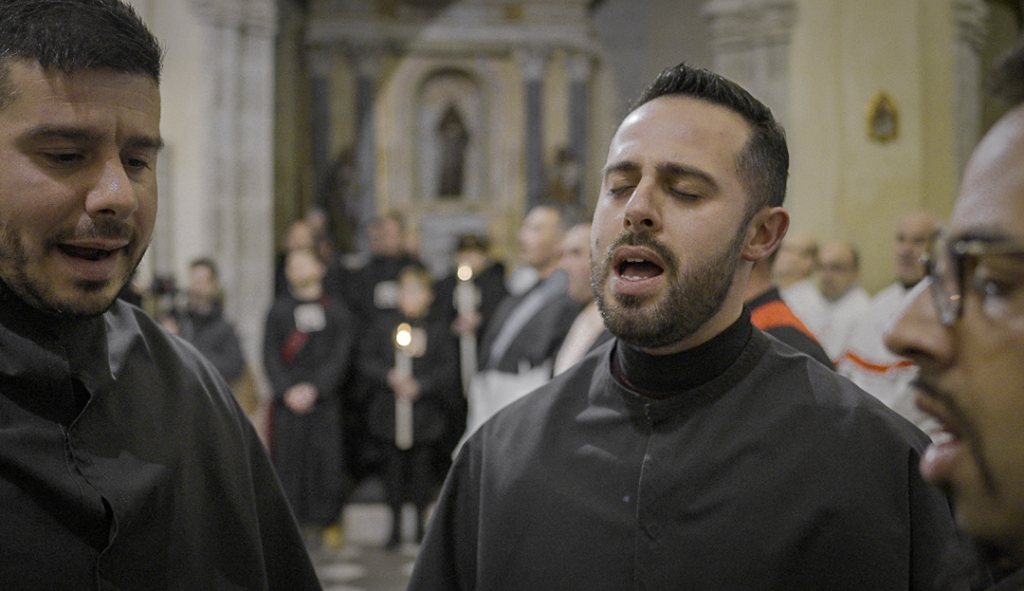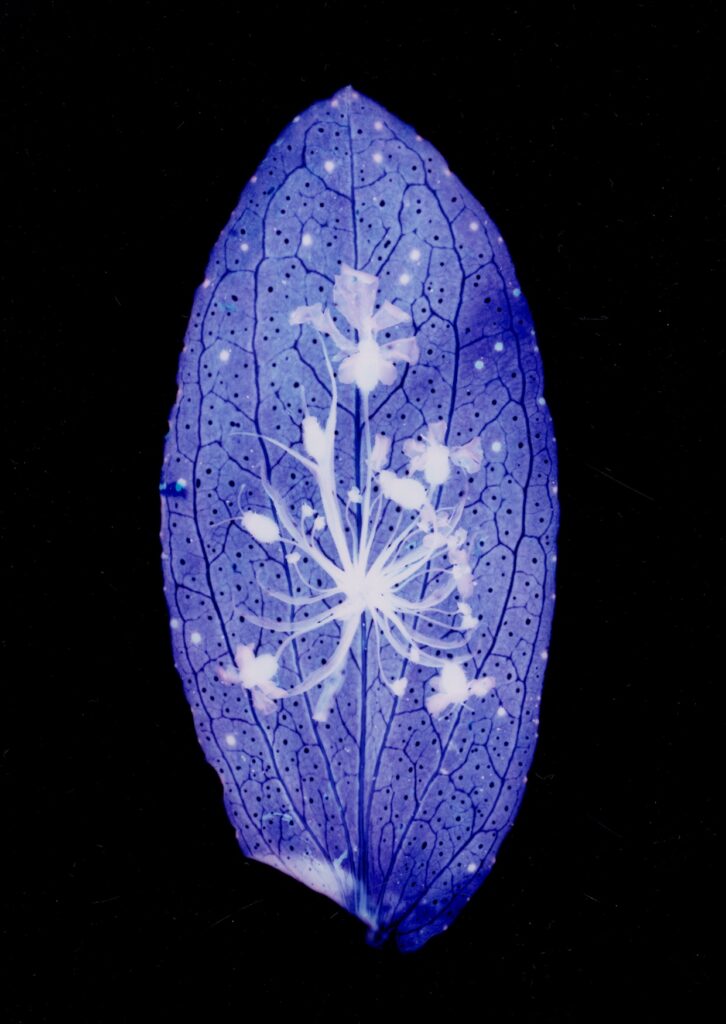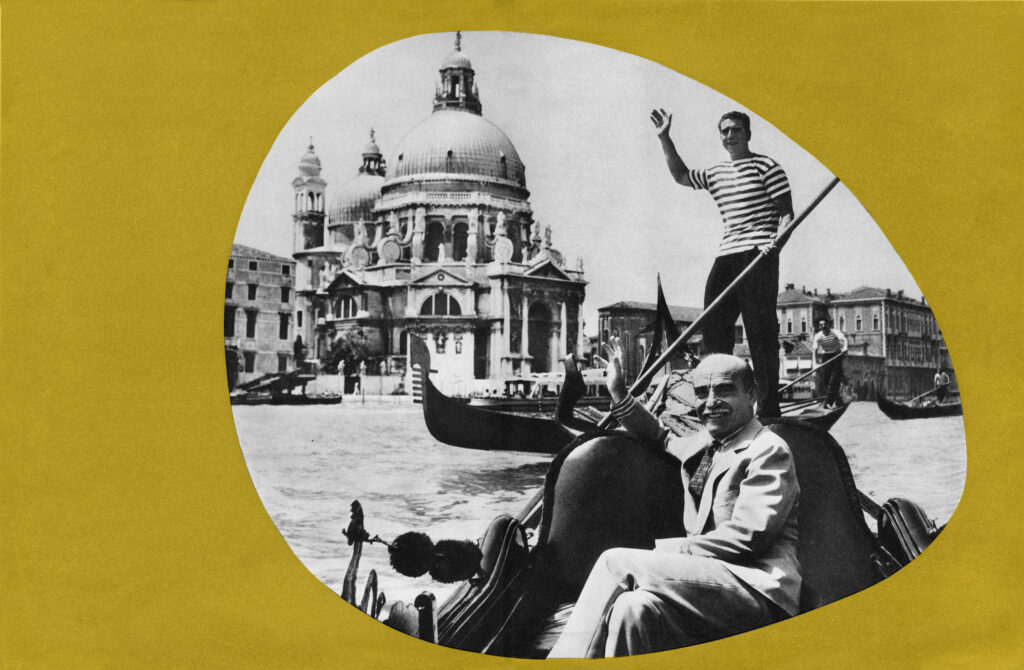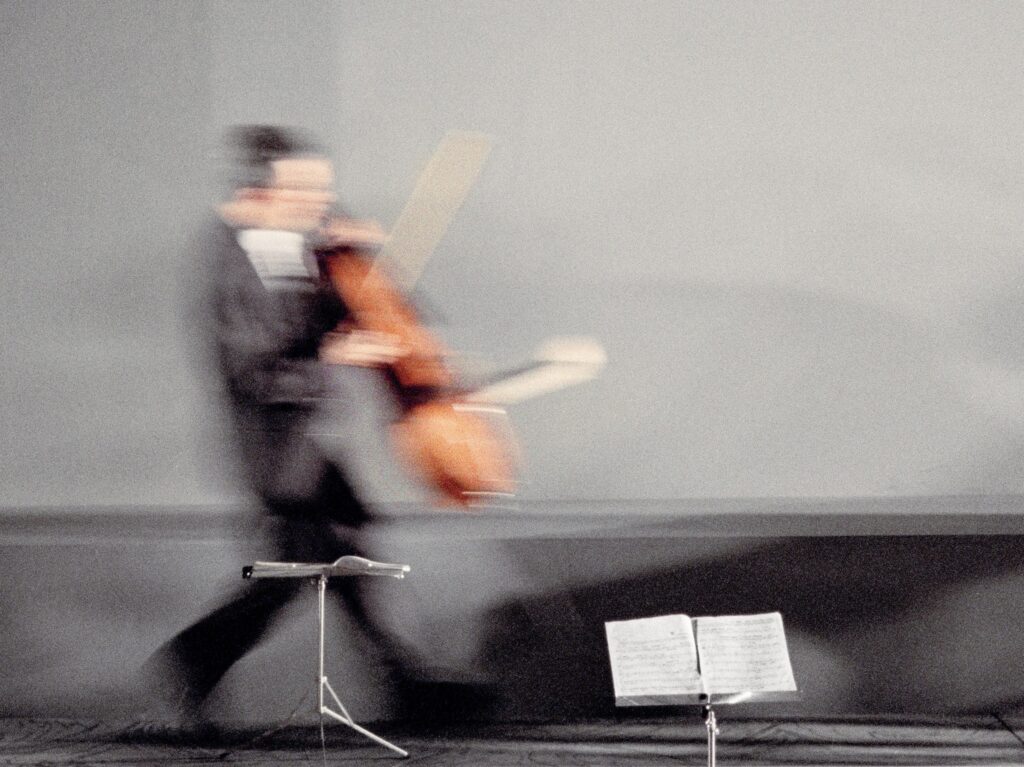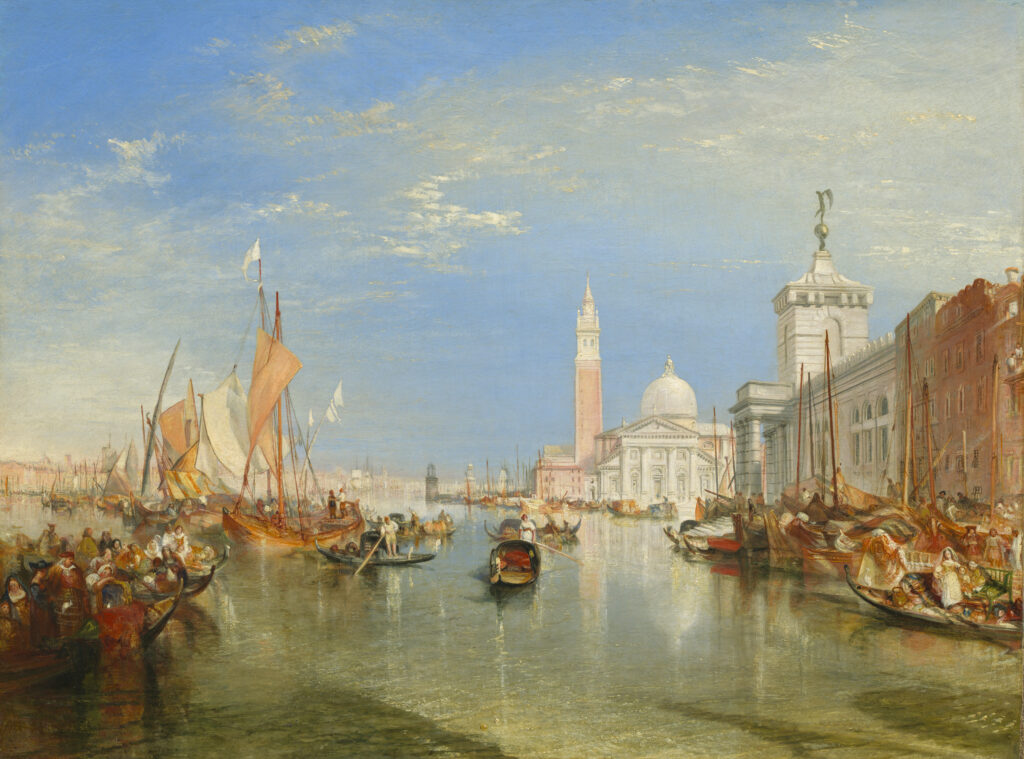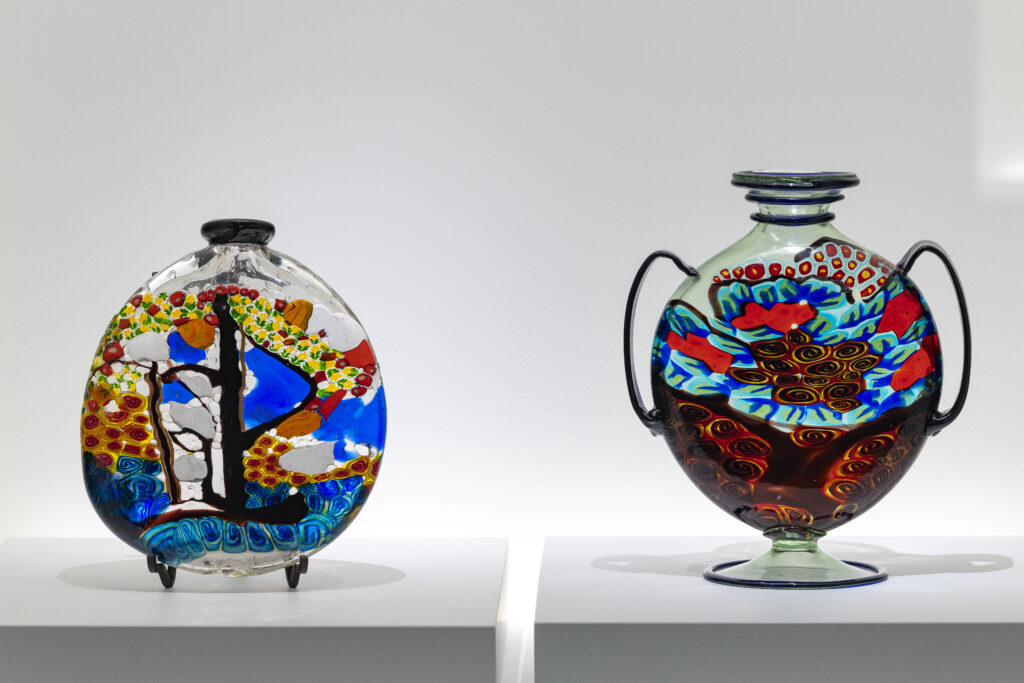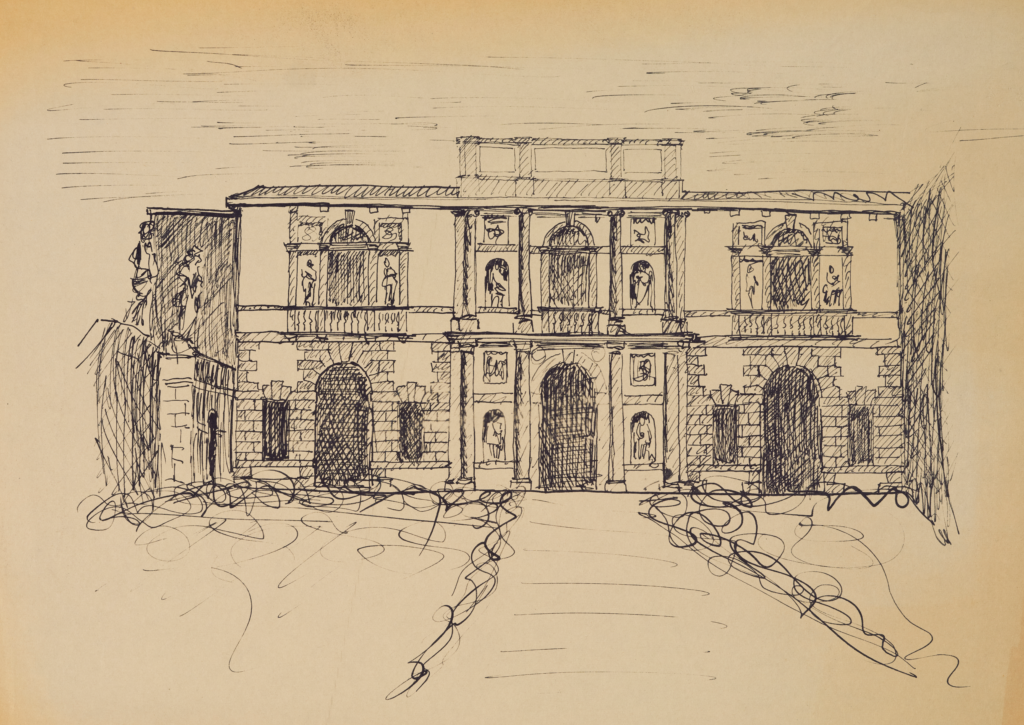The Fondazione Giorgio Cini has always had a vocation for dialogue between the humanities and sciences, and is recognised as a place for reflection on global issues.
With the symposium Global Health in the Age of AI: Charting a Course for Ethical Implementation and Societal Benefit, organised last November, it renewed this commitment, inaugurating a new cycle of international meet ings to facilitate the identification of solutions to rise to contemporary challenges.
This year, the symposium Democracy and Pandemics aims to explore how democracies can address the challenges posed by pandemics, approaching the topic from an interdisciplinary perspective. The symposium brings together experts from medicine, economics, politics, sociology, philosophy and law to develop comprehensive and sustainable solutions.
The event underlines the importance of international collaboration, and aims to offer concrete reflections to minimise the human and economic damage of future health crises.
Throughout its history, Venice has been ravaged by dramatic epidemics. Votive basilicas such as the ‘Salute’ and the ‘Redentore’ are traces of this. However, Venice has always been able to react, developing rules and structures to prevent and contain its pandemics. It is no coincidence that words like ‘lazarette’ and ‘quarantine’ originated here in Venice. We will also offer an account of this activity of the Republic, with a series of cultural events organised by the Foundation’s Institutes, ranging from historical narratives to artistic recollections, from theatre to concerts.
